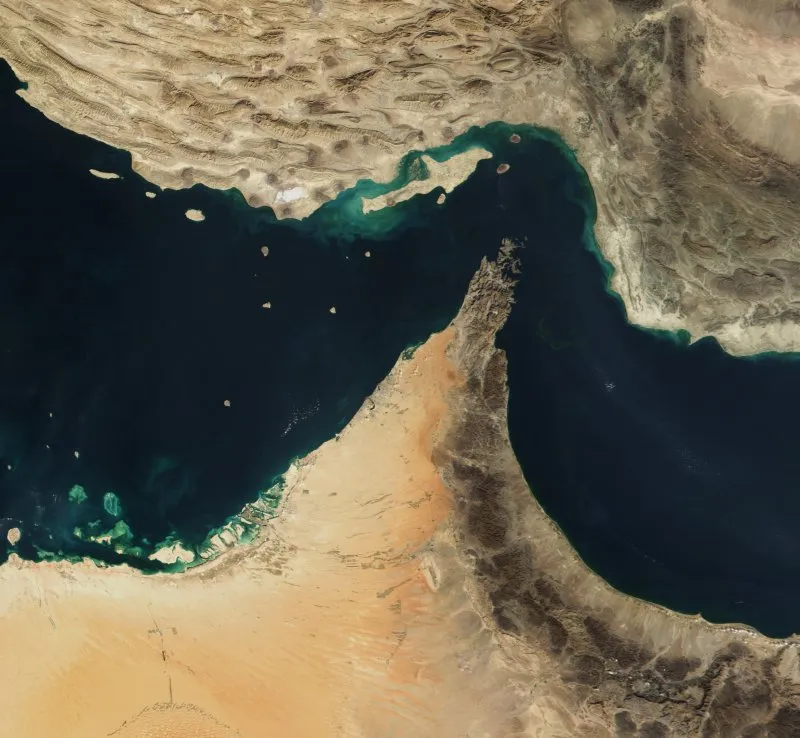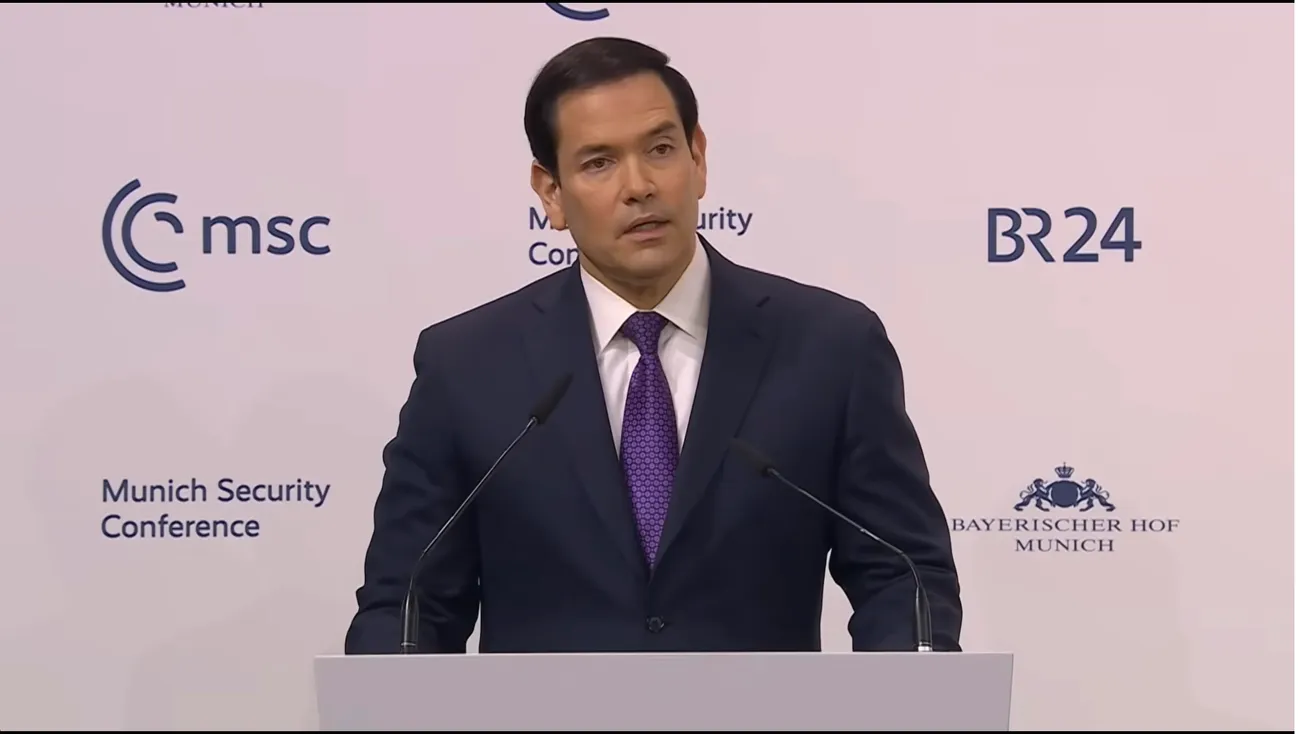“The main international threat is the information field of the Middle East and the Global South in general,” the head of Ukraine’s Center for Countering Disinformation (CCD), Lieutenant Andrii Kovalenko, told Detector Media in a lengthy July 25 interview. “The Russians have a very strong infrastructure there, and we have practically no resources to aggressively counter it.” Kovalenko’s CCD, which operates out of President Zelensky’s National Security and Defense Council (NSDC), has set out to change that.
The CCD’s first major campaign on this front centered on Africa. The CCD assigned the task of profiling African media and journalists libeled as Russian propaganda outlets to its partner, the Anglo-Ukrainian Molfar-OSINT agency identified by EIR as another key agency in NATO’s Ukrainian hit list apparatus. The CCD put out a series of shorts on Molfar’s “findings” in March and April of this year, but Kovalenko told Detector that Russia’s information presence in Africa is still “very serious.”
The CCD continues to monitor media in the Global South in order to “identify narratives that are beneficial to the Russian Federation that are being disseminated there,” it reports, and in June, began issuing Telegram posts focused on Ibero-America, the Middle East, India, etc. The public content of these items are ridiculous. One, for example, complains that, God forbid, “some Arab publications also publish caricatures that make fun of the efforts of NATO and the EU to help Ukraine.”
These postings, however, are only the public footprint of the CCD’s “counter-disinformation” activities. As Kovalenko told Detector, “a lot of non-public work is done. We are working with American partners to counter disinformation, with German and French partners, and have started exchanging information with European partners and NATO member countries…. Plus, we try to be a coordinating body that works with all special services and promptly responds to threats in closed mode, because part of our work is related to closed information about threats not only within the country, but also in the info field at the global level, which concerns the interests of Ukraine.”
He specifically emphasized the role of Molfar-OSINT in bolstering CCD capabilities in countering Russian presence in the nations of the Global South. “Russia is everywhere trying to build its agent network,” he told Detector, citing the opening of Russian cultural centers in these countries. “We signed a memorandum with Molfar and they help us in conducting important closed investigations that go to the National Security and Defence Council and beyond…. We work with intelligence. We do a lot of work behind closed doors, and this work is quite secretive, using the appropriate software that our partners have access to, and we have access to.”



